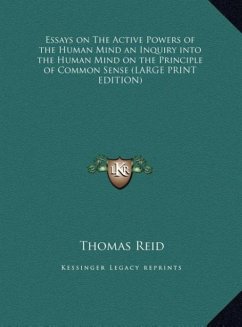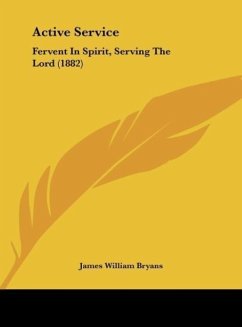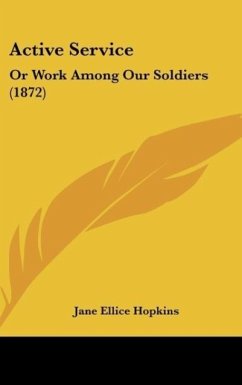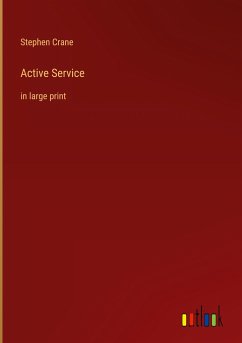MARJORY walked pensively along the hall. In the cool shadows made by the palms on the window ledge, her face wore the expression of thoughtful melancholy expected on the faces of the devotees who pace in cloistered gloom. She halted before a door at the end of the hall and laid her hand on the knob. She stood hesitating, her head bowed. It was evident that this mission was to require great fortitude. At last she opened the door. "Father," she began at once. There was disclosed an elderly, narrow-faced man seated at a large table and surrounded by manu-scripts and books. The sunlight flowing through curtains of Turkey red fell sanguinely upon the bust of dead-eyed Pericles on the mantle. A little clock was ticking, hidden somewhere among the countless leaves of writing, the maps and broad heavy tomes that swarmed upon the table.








